Every child is different and will develop at their own individual pace. But some children have a naturally occurring variation in the way their brain works which makes it difficult for them to learn skills, such as reading and writing, in the same way as other children.
About 20 per cent of children have some degree of learning disability, such as dyslexia (reading, spelling and fluency), dysgraphia (communicative writing) and dyscalculia (mathematics).
Dyslexia
Dyslexia is the most common learning disability. It affects approximately 16 per cent of the population.
In simple terms, dyslexia is when a child has the intelligence to learn, but is not able to learn to read fluently and spell as expected.
The International Dyslexia Association defines it as:
Dyslexia is a specific learning disability that is neurological in origin. It is characterised by difficulties with accurate and/or fluent word recognition and by poor spelling and decoding abilities. These difficulties typically result from a deficit in the phonological component of language that is often unexpected in relation to other cognitive abilities and the provision of effective classroom instruction. Secondary consequences may include problems in reading comprehension and reduced reading experience that can impede the growth of vocabulary and background knowledge.
Children with dyslexia don’t read backwards or see letters that are not there. Their spelling can look very jumbled because they find it difficult to remember the letter symbols for sounds and forming memories of words (particularly ‘sight words’).
They may have difficulty concentrating and staying on task, and can be disorganised and forgetful. But they can also be very bright, hard working and have strengths in other academic areas.
Early signs
Children as young as four years can be tested for phonological awareness difficulties. Phonological awareness is a person’s ability to discern individual English sounds in a string of sounds. The inability to ‘hear’ single sounds among other sounds as well as the problem of maintaining these sounds in order is one of the earliest signs that a child is at risk of reading failure.
Following closely behind this skill is the ability of young children to remember the ‘whole imprint’ of a word after sighting it a few times. These skills are challenging for beginner readers but children with a learning disability tend to maintain significant difficulty in developing these skills for most, if not all their school life and perhaps into adulthood.
Treatment
Dyslexia is not something that a child will outgrow in time. There are no quick fixes. But a long-term program with explicit and systematic instruction will re-map the neurological pathways in the brain.
Children with dyslexia can learn to read and write if they receive the right instruction when they are still young. The best time to start treating it is before the age of seven years and in some severe cases before the age of six years
Impact on children and families
If learning disabilities are left untreated they can have a negative impact on children and their families. It can lead to:
- anxiety
- anger
- frustration
- low confidence and self-esteem
- loss of aspirations
- embarrassment
- disengagement and avoidance
- depression.
A study in 2010 by the New Zealand Ministry of Education found that learning disabilities, particularly dyslexia, as a child are a major cause of social dysfunction as an adult. The research found that 90 per cent of inmates were not functionally literate.
Diagnosis
A number of professionals can formally diagnose, including Paediatricians, Educational Psychologists, Neuropsychologists and qualified Special Educationalists.
Literacy in Australian schools
Learning disabilities, including dyslexia, are now recognised in Australia. But there is no specific government funding or policy to support these children. This means there is no standard assessment process to identify students. Any support programs are at the discretion of the individual school.
Consequently, most families must seek a private assessment and subsequent treatment program. There are no rebates available for this private assessment and treatment through Medicare or private health funds.
Help children learn to read
You can help us to help these children learn to read.

